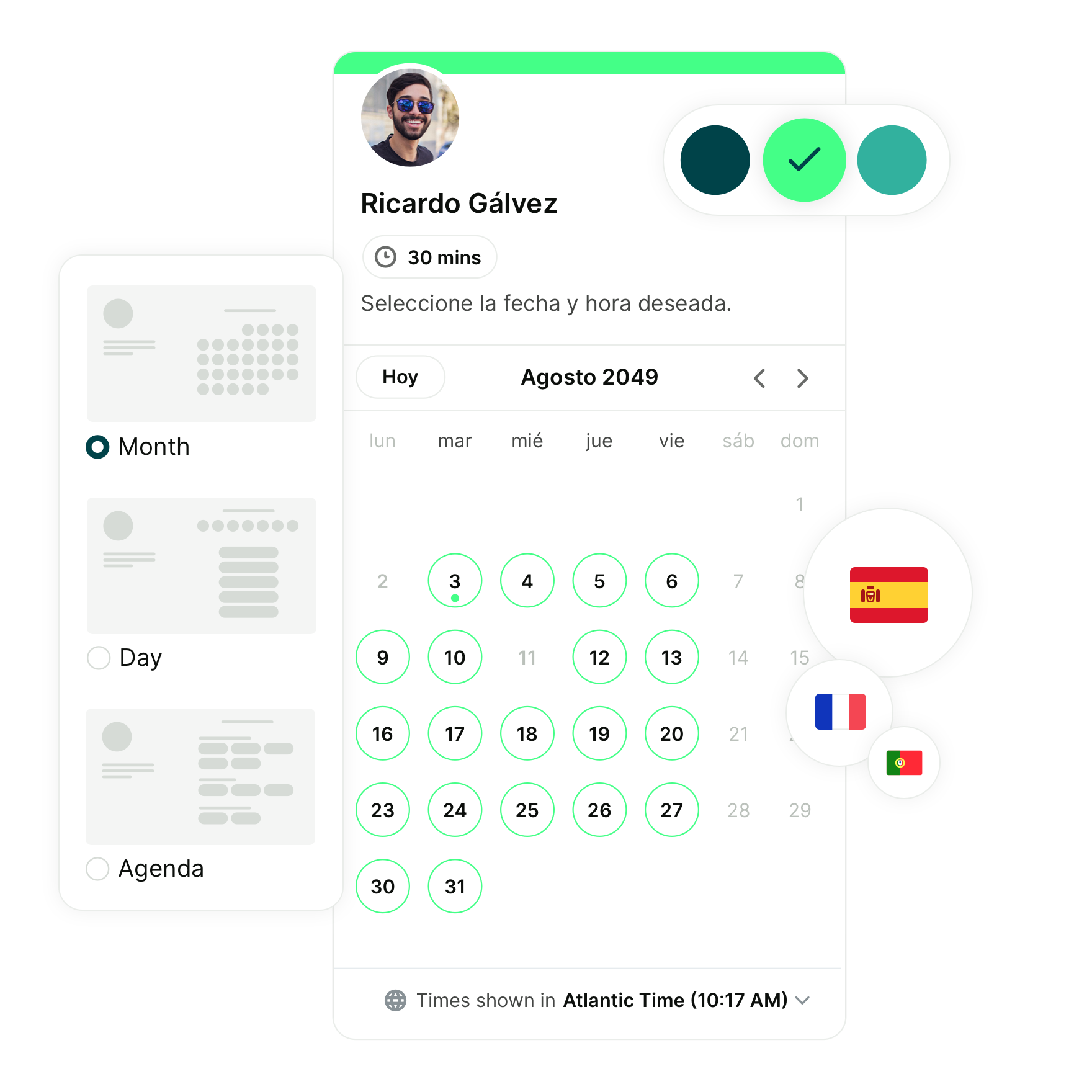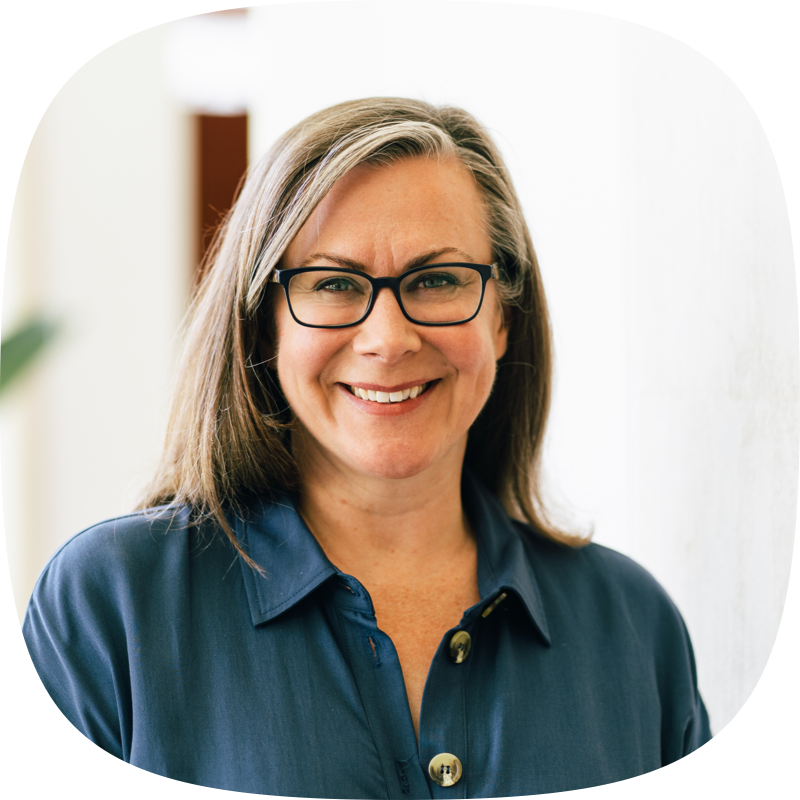Learning from successful entrepreneurs: 3 lessons for Indie Founders
Building a company is hard work. Whether you’re a budding entrepreneur, own a small business, or have bought and sold numerous operations, there will always be something new to learn. YCBM CEO Bridget Harris reflects on what she discovered spending time with other successful entrepreneurs.

Bridget Harris

Ready to book more meetings?

I just searched my email for ‘Mark’ and ‘Peldi’ and sure enough, the first intro to Peldi, the charismatic CEO and founder of the wire framing tool, balsamiq, was June 2015.
Mark runs the legendary ‘Business of Software’ Conference. Long before SaaS was officially a thing, BoS was already in full swing encouraging Indie founders who were building software companies, to get together, share stories and throw up some screenshots of how they actually ‘do’ things inside their company.
Importantly for us, Business of Software was a chance to make friends inside an industry that can be quite bewildering to first-time entrepreneurs, hence Marks’ intro.
I have been so grateful for Peldi’s encouragement and friendship ever since.
At a later Business of Software conference, I heard Rand Fishkin (founder of SparkToro.com) give a very moving account of his journey in building his first tool, Moz.com.
Fast forward 7 years, last week I was sitting alongside Peldi and Rand, in balsamiq’s, truly gorgeous, offices (‘the Nest’) in Bologna Italy, with 25 other founders.
 Bridget Harris sitting next to Peldi, front row, from right, (photo courtesy of Giacomo “Peldi” Guilizzoni / Balsamiq)
Bridget Harris sitting next to Peldi, front row, from right, (photo courtesy of Giacomo “Peldi” Guilizzoni / Balsamiq)We’d been invited by Peldi and Rand because, in their own words, they want “to build a peer group that helps our businesses thrive, and makes it easier to achieve our visions for “success,” however grand or personal those aspirations might be.”.
Not everyone runs software companies, some have built up incredibly successful consultancies and agencies, some are solopreneurs, and some are multi-exited business folk.
And, just like a really good wedding, you start off in your smart clothes, on your best behavior managing a bit of small talk, and by the end of the night, you are partying like old mates.
So it was, with this 2-day indie-founder conference.
Not familiar with the Indie Founder concept?Indie Founders are, by definition, entrepreneurs who have gone the independent route: no outside investors, usually bootstrapped, and with a uniquely self-sufficient mindset. This means they’re free to make decisions that are best for them, their employees, and their customers - not the venture capitalists. |
The essence of its success comes back to the same reasons why Business of Software conferences work so well. They are small, they encourage open and honest sharing, and founders realize after a short while they have more to gain by throwing themselves into it, than holding back.
Without disclosing anyone’s individual contributions - as we all agreed to respect and protect our information, here are my reflections:
1. Building any kind of business is emotional
Contrary to popular perceptions that everyone in business must be some kind of hard-hearted capitalist, bent on the bottom line, eyes on the prize, no matter what, this is not the case.
 “Roman Roy” from HBO’s Succession
“Roman Roy” from HBO’s SuccessionThere’s nothing wrong with the ‘show and tell’ of being part of a growing business (and can be very motivating for employees). But it’s not just about making money.
The founders I met last week are overwhelmingly focussed on people and who they serve - it matters to them, a lot, what the experience is and what it says about them.
And this is sometimes to the detriment of the founders’ health and stress levels. I was rarely in a session that didn’t involve someone carefully admitting to previous (or current) burnout, shedding some tears, to recognising the state they were in.
This had absolutely nothing to do with business.
I was in a room with everyone from exited millionaires to founders working for ramen. No one was wondering how to make more money.
Last week, it was all about feelings.
2. Take care of your time
We hear it so often (YCBM has a whole podcast dedicated to it) that we need to learn how to time box, prioritise, focus, and ultimately, use our time wisely.
This is easier said than done.
I was impressed with how many founders are pretty ruthless about ‘what’s for them, what’s for others’ to deal with in their company.
I recognised that ‘being the most helpful person in the room’ for your company might have been what’s got you to the first stage of success, but it will start to hold back the success of others if you’re not careful.
 Co-founders, Bridget Harris and Keith Harris (photo courtesy of Laura Lei / Balsamiq)
Co-founders, Bridget Harris and Keith Harris (photo courtesy of Laura Lei / Balsamiq)Time is also easy to give away - it can disguise itself as lots of good things - like being social, being friendly, being helpful, nothing wrong with that at all. But ask yourself, why am I the one that still manages all the admin logins?
Boundaries came up a lot.
I liked the advice to purposefully put time back into your day on things that address other issues or priorities.
Run towards your business by running away - give time back to yourself, and you will be in a better state to see the big picture.
From some of the founder stories, I could see that being so close to everything day to day makes things harder to take a big decision.
This leads me to the final takeaway:
3. You are the only one that can make decisions for your business, in the long term
 Bridget Harris leading a session on contract and employment options (photo courtesy of Laura Lei / Balsamiq)
Bridget Harris leading a session on contract and employment options (photo courtesy of Laura Lei / Balsamiq)This came across very clearly.
A founder’s job is to make good decisions for the company - and be able to explain that to those who work for them, and articulate it as part of the company culture and values.
There is no right or wrong in how they shape up.
For some, it’s about hiring lots of people, for others, it’s about winding down operations or keeping things ruthlessly simple.
Some have raised investment, and some have sold and re-built something different.
Good decisions make or break a business.
Your aim should be to make more good decisions than bad - ie to be a net ‘good decision’ winner, to keep things going for whatever your long term looks like.
Worst case, if you felt like you ended up with the ‘wrong’ outcome, learn and reflect from that to help you make better decisions next time.
Valuable lessons learned, friendships made
Building a business is hard.
It takes emotional energy and the time to make good decisions - thank you to Rand and Peldi, and to everyone else I met last week, for your wonderful stories and new friendships.
It was inspiring to be alongside these amazing founders and learn more about the companies they have built.
Subscribe to our newsletter
Get productivity tips, news, articles and resources.
Written by
Bridget Harris
Bridget is the co-founder of YouCanBookMe. She believes passionately in the power of technology to solve any problem. Bridget credits her earliest jobs, working in a pub and busking with her fiddle in the London Underground, with teaching her everything she needed to know about the risks and rewards of being an entrepreneur.

